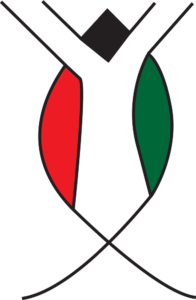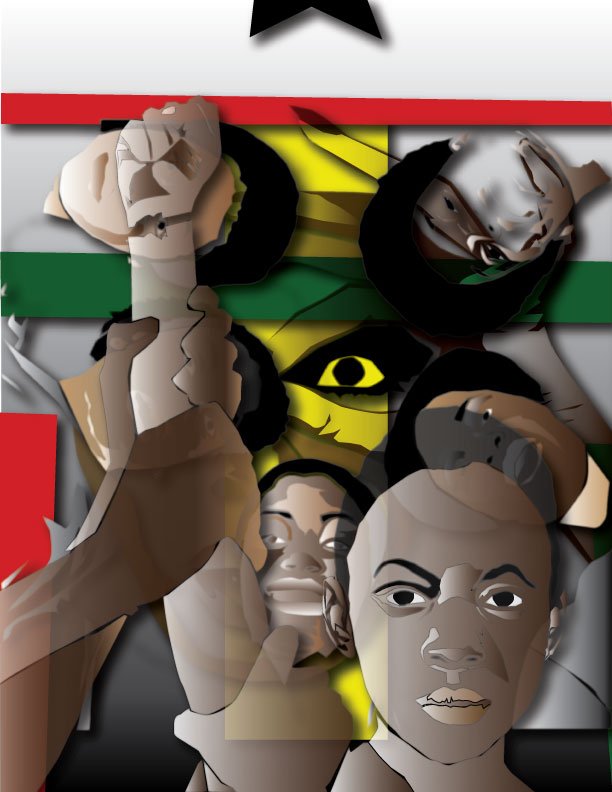“Institutionalized rejection of difference is an absolute necessity in a profit economy which needs outsiders as surplus people.”
― Audre Lorde
“Racism is both overt and covert. It takes two, closely related forms: individual whites acting against individual blacks, and acts by the total white community against the black community. We call these individual racism and institutional racism. The first consists of overt acts by individuals, which cause death, injury or the violent destruction of property. This type can be recorded by television cameras; it can frequently be observed in the process of commission. The second type is less overt, far more subtle, less identifiable in terms of specific individuals committing the acts. But it is no less destructive of human life. The second type originates in the operation of established and respected forces in the society, and thus receives far less public condemnation than the first type. When white terrorists bomb a black church and kill five black children, that is an act of individual racism, widely deplored by most segments of the society. But when in that same city – Birmingham, Alabama – five hundred black babies die each year because of the lack of proper food, shelter and medical facilities, and thousands more are destroyed and maimed physically, emotionally, and intellectually because of conditions of poverty and discrimination in the black community, that is a function of institutional racism. When a black family moves into a home in a white neighborhood and is stoned, burned, or routed out, they are victims of an overt act of individual racism which many people will condemn – at least in words. But it is institutional racism that keeps black people locked in dilapidated slum tenements, subject to the daily prey of exploitative slumlords, merchants, loan sharks, and discriminatory real estate agents. The society either pretends it does not know of this latter situation or is in fact incapable of doing anything meaningful about it.”
― Stokely Carmichael, Black Power: The Politics of Liberation
“The United States is like one big jail for Black people, because we’re locked into a mentality and mindset that limits our potential. It has us against us.”
― Chuck D, Lyrics of a Rap Revolutionary, Vol. 1
He could not blame the Army; Angelo could blame the Army; Angelo hated the Army. But he didn’t hate the Army, not even now. He remembered what Maureen had told him once that it was the system that was at fault. But he could not even blame the system, because the system was not anything, it was only a kind of accumulation of everybody, and you could not blame everybody, not unless you wanted the blame to become diluted into a meaningless term, a just nothing. Besides, this system here in this country was the best system the world had ever produced, wasn’t it? This system was by far and above the best system anywhere else in the world today. He felt if he did not find somebody to blame pretty soon he would hate everybody.”
― James Jones, From Here to Eternity
“Individuals are prey to institutions in modern mass societies… Individuals can struggle mightily against institutionalized conditions, but without changing the institutions themselves, those efforts will be largely for naught, since people
tire, lose focus, forget, and, eventually, give up their ghosts, while institutions share no such limitations.”
― Brian Awehali
“An institution rooted in slavery can never set us free.”
― DaShanne Stokes


